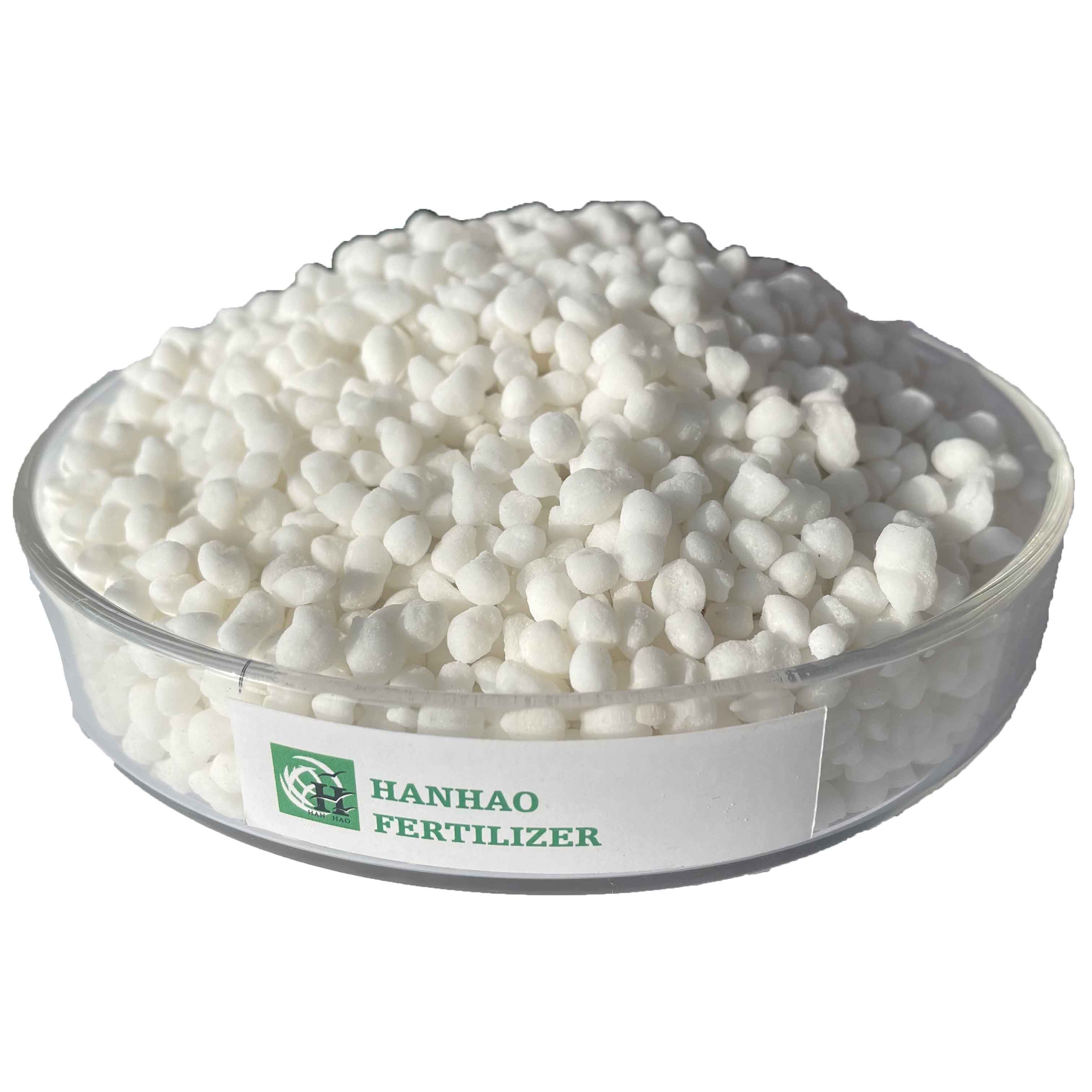
Oct . 13, 2024 08:51 Back to list
Choosing the Best High Potassium Fertilizers for Optimal Plant Growth and Health
The Importance of High Potassium Fertilizers for Plant Growth
Potassium is one of the three primary nutrients that plants require for growth and development, alongside nitrogen and phosphorus. It plays a crucial role in various physiological processes within plants, making high potassium fertilizers essential for ensuring optimal plant health and yield. This article delves into the importance of potassium, the benefits of high potassium fertilizers, and how to effectively use them in gardening and agriculture.
Understanding Potassium's Role
Potassium is often referred to as the quality nutrient because it directly influences the overall quality of the crops. Unlike nitrogen, which primarily supports leafy growth, and phosphorus, which is crucial for root and flower development, potassium is vital for several key functions
1. Water Regulation Potassium helps regulate the opening and closing of stomata, the tiny pores on the leaves, thereby controlling the plant's water loss through transpiration. This regulation is especially critical in drought conditions, where water conservation can mean the difference between survival and death for a plant.
2. Nutrient Transport Potassium aids in the transport of nutrients and carbohydrates within the plant. It facilitates the movement of sugars from photosynthesis sites to other parts of the plant, enriching fruits and improving overall plant vigor.
3. Stress Resistance High levels of potassium improve a plant's resilience against environmental stresses, such as drought, salinity, and diseases. Adequate potassium levels help plants maintain their cellular structure, allowing for better performance under adverse conditions.
4. Enzyme Activation Potassium is a crucial element in activating various enzymes necessary for biochemical reactions, including those involved in photosynthesis, respiration, and energy production.
Benefits of High Potassium Fertilizers
High potassium fertilizers are formulated to deliver an ample supply of potassium to plants. The benefits of using these fertilizers include
1. Enhanced Fruit and Flower Quality Crops treated with high potassium fertilizers tend to have better fruit size, color, taste, and shelf life. This is particularly important for producers who want to improve the marketability of their produce.
2. Increased Resistance to Disease By improving the plant's internal defenses, high potassium levels can enhance resistance to diseases and pests, resulting in healthier plants and better yields.
high potassium fertilizer for plants

4. Better Drought Tolerance As mentioned earlier, one of potassium's primary roles is to regulate water retention and usage in plants. This quality is particularly valuable in regions prone to drought, as it enables crops to withstand periods of low water availability.
Application and Considerations
While the benefits of high potassium fertilizers are clear, it is essential to apply them correctly to avoid nutrient imbalances. Here are some considerations for effective application
1. Soil Testing Before applying any fertilizer, conduct a soil test to determine existing potassium levels and other nutrient concentrations. This step helps in selecting the right type and quantity of fertilizer.
2. Choose the Right Fertilizer High potassium fertilizers come in various forms, including potassium chloride (KCl), potassium sulfate (K2SO4), and potassium nitrate (KNO3). Select a product based on your plant's specific needs and the existing soil nutrient profile.
3. Application Timing Timing the application of high potassium fertilizers is crucial. For most crops, applying potassium before flowering and during fruit-setting phases yields the best results.
4. Follow Recommended Rates Adhere to the recommended application rates based on your soil test and specific crop requirements. Over-fertilization can lead to nutrient imbalances and environmental issues.
5. Complement with Other Nutrients Although potassium is vital, it should be part of a balanced fertilization program that includes nitrogen, phosphorus, and micronutrients to ensure overall plant health.
Conclusion
High potassium fertilizers are a vital component of modern agriculture and gardening, providing essential support for plant growth, development, and resilience. By understanding the role of potassium and applying fertilizers strategically, growers can enhance their crop quality, increase yields, and promote sustainable farming practices. The key lies in balanced application, guided by soil knowledge and specific plant needs, ultimately leading to flourishing gardens and bountiful harvests.
-
Organic Manure Compost: Natural NPK Fertilizer for Healthy Plants
NewsAug.15,2025
-
Calcium Ammonium Nitrate (CAN) White Granular for Agriculture
NewsAug.14,2025
-
Premium 50lb 13-13-13 Fertilizer Bags - Balanced NPK for All Plants
NewsAug.13,2025
-
Premium 10-10-10 Organic Fertilizer for Balanced Plant Growth
NewsAug.12,2025
-
Advansix Sulf-N Ammonium Sulfate Fertilizer 21-0-0 | Agricultural
NewsAug.11,2025
-
Premium 10-10-10 Organic Fertilizer for Balanced Plant Growth
NewsAug.10,2025
